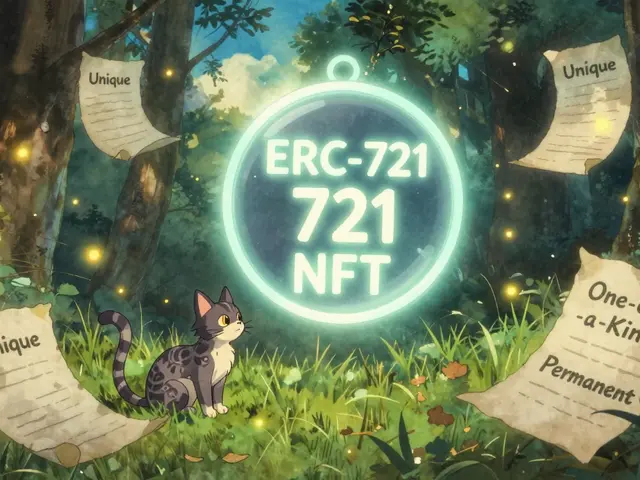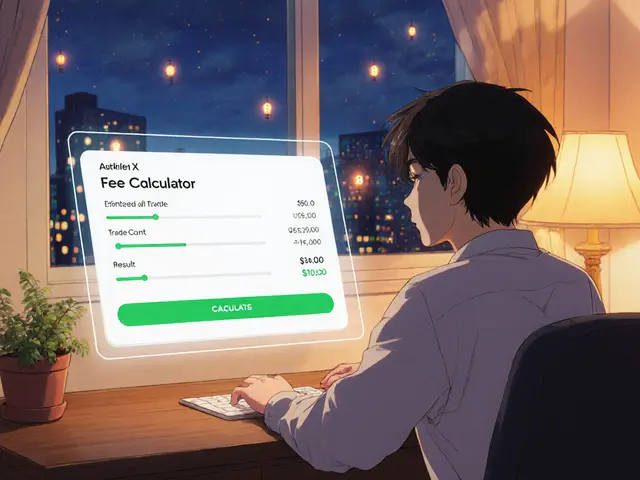Nigeria Crypto Regulation: What’s Legal, What’s Not in 2025
When it comes to Nigeria crypto regulation, the official stance from the Central Bank of Nigeria (CBN) bans financial institutions from handling crypto transactions, but millions still use digital assets daily. Also known as Nigerian cryptocurrency laws, this contradiction isn’t unique—it’s survival. People send remittances, pay for imports, and trade tokens despite the ban because traditional banking is slow, expensive, and unreliable.
What’s really happening? The Central Bank of Nigeria, the country’s monetary authority that issued the 2021 directive cutting off crypto access from banks. Also known as CBN, it still holds power over banks but can’t stop peer-to-peer trading or mobile wallets. Meanwhile, the Securities and Exchange Commission (SEC) Nigeria, the market regulator that’s quietly moving to license crypto exchanges and token issuers. Also known as Nigerian SEC, it’s building a framework to bring crypto into the light—without overturning the CBN’s ban. These two agencies are pulling in opposite directions, and that’s why the rules feel unclear. You can’t open a crypto account at GTBank, but you can buy Bitcoin on Binance or Luno using P2P platforms like Paxful or LocalBitcoins.
And it’s not just about trading. Nigeria crypto mining, a growing underground industry fueled by cheap electricity and high global Bitcoin prices. Also known as Nigerian Bitcoin mining, it’s mostly small-scale, using modified gaming rigs and solar panels to cut costs. There’s no official license for miners, but the government hasn’t shut them down—yet. Why? Because crypto is now part of the informal economy, supporting jobs, remittances, and even small businesses. The real question isn’t whether crypto is banned—it’s whether the government can afford to keep fighting it.
By 2025, the pressure is mounting. Young Nigerians are building crypto startups, freelancers get paid in USDT, and remittance flows through crypto outpace traditional wire services. The CBN’s ban looks more like a relic than a policy. Meanwhile, the SEC is drafting rules that could turn crypto into a regulated asset class—taxable, trackable, but legal. What’s clear: if you’re in Nigeria, you’re already using crypto. The only thing left to decide is whether the system will catch up—or keep chasing its tail.
Below, you’ll find real reviews and deep dives into exchanges Nigerians actually use, how P2P trading works under the radar, and what new rules could change everything in the next year.
Is Crypto Regulated in Nigeria? What You Need to Know in 2025
As of 2025, crypto is fully regulated in Nigeria under new laws that require exchanges to be licensed by the SEC. Taxes, banking access, and compliance rules are now in place - here’s what you need to know.





